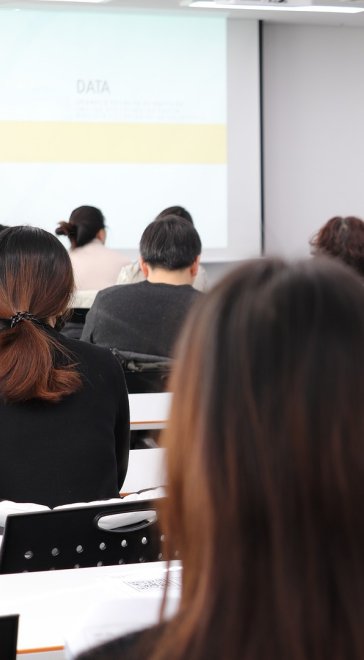QUANTUM INCOMPATIBILITY WITNESSES
We discuss the following variant of the standard minimum error state discrimination problem: Alice picks the state she sends to Bob among one of several disjoint state ensembles, and she communicates him the chosen ensemble only at a later time. Two different scenarios then arise: either Bob is allowed to arrange his measurement set-up after Alice has announced him the chosen ensemble (pre-measurement scenario), or he is forced to perform the measurement before of Alice’s announcement (post-measurement scenario). In the latter case, he can only post-process his measurement outcome when Alice’s extra information becomes available. We demonstrate that quantum incompatibility can always be detected by means of a state discrimination task within the pre-measurement scenario. This is done by showing that only incompatible measurements allow for an efficient use of pre-measurement information in order to improve Bob’s probability of guessing the correct state. The gap between the guessing probabilities with pre- and post-measurement information is thus a witness of the incompatibility of a given collection of measurements. We prove that all linear incompatibility witnesses can be implemented as some state discrimination protocol according to this scheme.

